The Israeli tech ecosystem, often dubbed the “Startup Nation,” has long been a hub of innovation and resilience. But what fuels this dynamic industry? To delve deeper, Yoel Israel of IsraelTech recently sat down with James Spiro, writer and journalist at CTech, to explore the trends, challenges, and global impact of Israeli tech. Here are the highlights from their engaging conversation.
From London to Tel Aviv: A Journalist’s Perspective
James Spiro’s journey into Israeli tech wasn’t linear. Born in London to an Israeli father, Spiro moved to Israel seven years ago, driven by a longing for a better quality of life, to avoid the infamous Northern Line commute, and to live by the sea. Initially, his understanding of Israel was shaped by stereotypes: a land of conflict, religion, and politics. Yet upon arrival, he discovered a vibrant high-tech hub that connected seamlessly to global markets in AI, cybersecurity, medtech, and more.
“It’s not what you think about when you move to Israel,” Spiro reflected. “You don’t realize how intertwined Israel is with governments and businesses worldwide.”
The “Aha” Moment
Spiro’s introduction to Israeli tech came through a stint at Headline Media, a PR firm specializing in tech companies. It was during this time that he grasped the scope and depth of Israel’s innovation ecosystem.
A pivotal moment for him was learning about the groundbreaking Mobileye-Intel deal. “I thought, wait, we’re doing autonomous vehicles in the desert? My initial view of the desert was where we roamed for 40 years!” he quipped. This revelation highlighted Israel’s knack for pioneering technologies that are often underestimated by outsiders.
Storytelling in Tech
As a journalist, Spiro’s approach is not about breaking scoops but rather putting a face to technology. “I like to understand the founders—their motivations and the problems they’re solving,” he explained.
While sectors like medtech and impact tech offer rich, people-centered narratives, industries like SaaS and fintech present unique challenges in humanizing their stories. For Spiro, even controversial technologies like AI require careful storytelling. He shared an example from his PR days, where a company developing AI for radiology had to frame its technology as a tool complementing, not replacing, human expertise.
AI: Promise and Peril
The conversation took a deeper dive into artificial intelligence, with Spiro admitting that AI scares him. “Tremendous power has the potential to do both tremendous good and harm,” he noted. Spiro’s concerns stem from the lack of transparent guardrails in AI development, as well as the potential for human manipulation of algorithms.
Yoel Israel, however, offered a counterpoint: “AI itself doesn’t scare me; it’s the humans controlling it. Open-source transparency could be a solution.” Both agreed that innovation must be balanced with ethical considerations, especially in an interconnected world where AI influences everything from self-driving cars to national security.
Defense Tech: Innovation Rooted in Necessity
One of Israel’s defining tech sectors is cybersecurity, which Spiro sees as a natural extension of the country’s defensive mindset. “What started with tanks and missiles has evolved into cybersecurity and defense tech,” he explained.
Interestingly, Spiro highlighted how veterans often leave the Israel Defense Forces (IDF) with firsthand insights into technological gaps, only to return to the private sector to create solutions. “It’s a fascinating cycle: they identify problems during their service, innovate in the private sector, and bring those solutions back to the military through contracts.”
This feedback loop also extends to civilian applications. Technologies originally developed for defense, such as satellite imaging for construction safety, are now making their way into everyday industries.
Global Impact and Resilience
Despite its small size, Israel consistently punches above its weight in global tech rankings. Spiro noted that Israel ranks fourth worldwide in AI development, competing with giants like the U.S. and China. “Israel has no right to be as good as it is given its size and resources, but it’s one of the best,” he said.
This resilience is further demonstrated during times of crisis. Even amid conflict, Israeli founders continue to take investor meetings from army bases and maintain global partnerships. Spiro emphasized that this unique ability to thrive under pressure bolsters Israel’s reputation among seasoned investors, although it may deter newcomers unfamiliar with the country’s context.
Lessons for the Future
As the interview wrapped up, Spiro reflected on the opportunities and challenges ahead for Israeli tech. While sectors like AI and defense tech hold immense promise, others, like food tech, have fallen short of expectations. “Food tech had so much hype, but the products often didn’t deliver on taste, health, or cost,” he admitted.
Ultimately, Spiro’s optimism for Israeli tech remains unshaken. He believes the ecosystem’s adaptability and focus on long-term innovation will drive continued success. “It’s been a tough year globally, but I’m excited for what’s ahead. Israel’s tech ecosystem isn’t just surviving; it’s evolving and thriving.”
Final Thoughts
As IsraelTech continues to spotlight the movers and shakers of the Israeli tech scene, interviews like this one with James Spiro offer invaluable insights into the ecosystem’s inner workings. From groundbreaking AI developments to the human stories behind startups, Israel remains a beacon of innovation and resilience on the global stage.
Discover more with IsraelTech! For additional exclusive interviews, explore our IsraelTech blog. If you’re looking to elevate your next event with unique coverage and engagement, check out IsraelTech Events. Or, experience Israel’s tech scene firsthand with our IsraelTech Tours. Click through to learn more!




